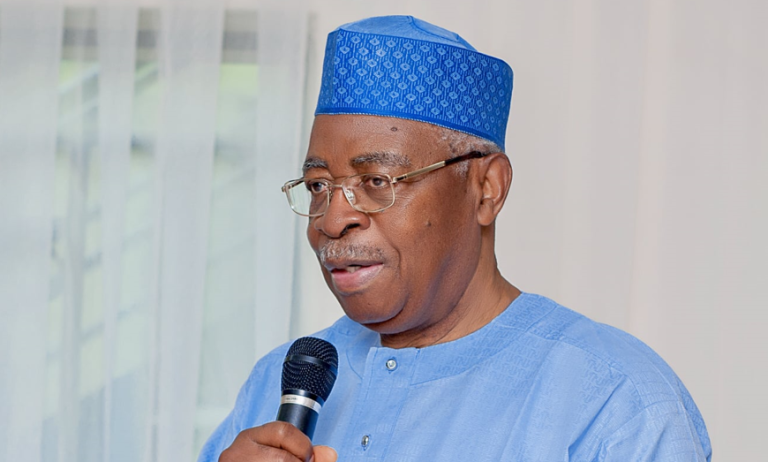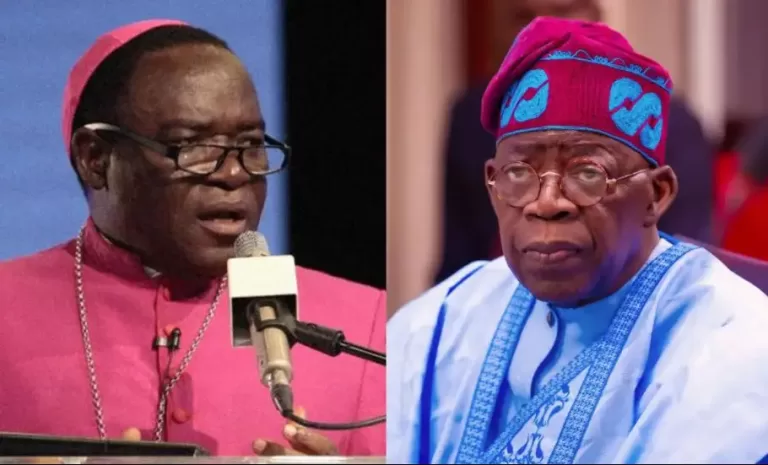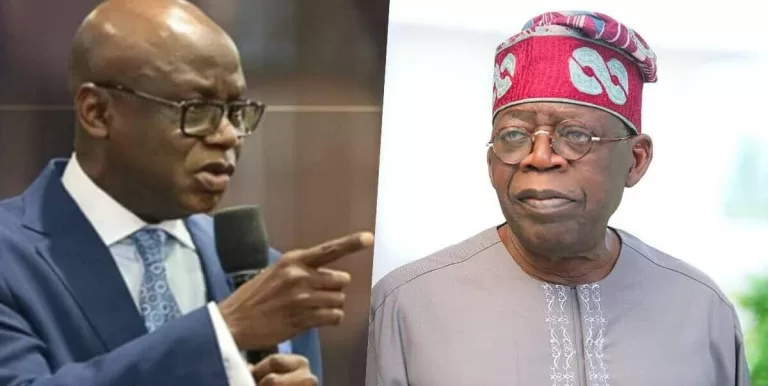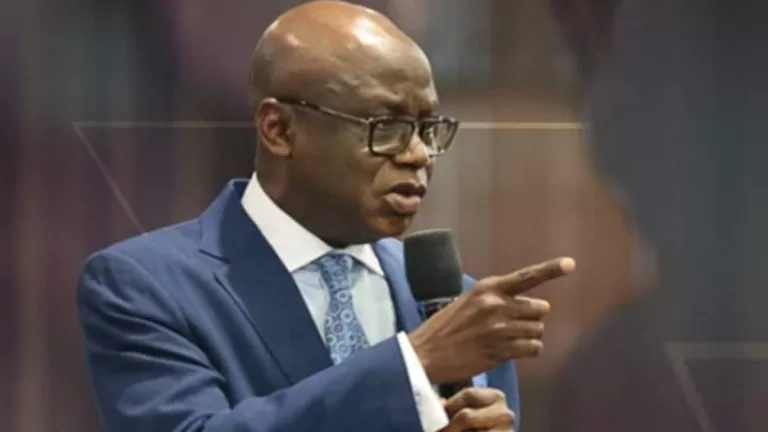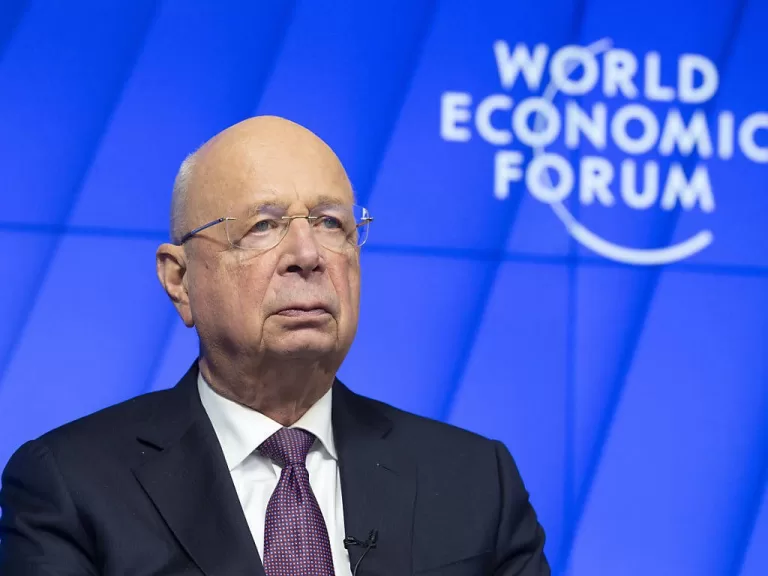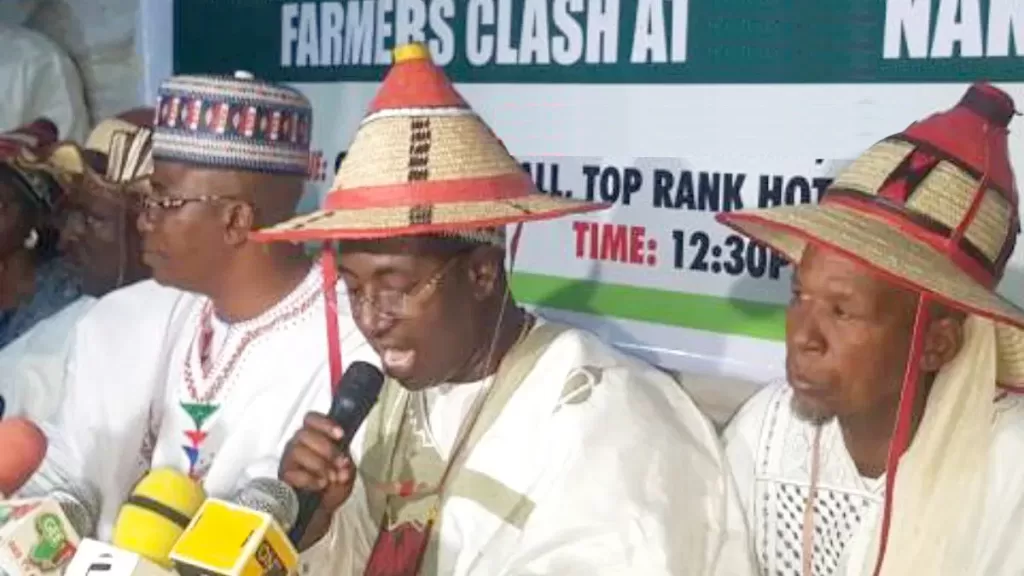
Miyetti Allah Statement on Grazing Rights Triggers Nationwide Backlash
A recent comment attributed to a member of Miyetti Allah Cattle Breeders Association of Nigeria (MACBAN) has ignited widespread outrage across the country, as tensions over open grazing and farmland destruction continue to grow.
The controversial statement, which circulated on social media over the weekend, described anti-grazing laws as an “assault on the Fulani people” and asserted that herders “will continue to graze wherever we please.” The comment, seen by many as defiant and provocative, has been condemned by Nigerians across regions and ethnic lines, particularly in the South and Middle Belt.
Critics argue that the statement reflects a longstanding problem of weak enforcement and political complicity in issues related to open grazing, land encroachment, and the violent clashes that have followed in various communities.
“The only reason anyone can say this is because our leaders are weak,” one online user wrote. “Very soon, power will change hands and you’ll see who owns this land.”
In the southern parts of the country, especially among farming communities, there’s mounting frustration over the destruction of crops and livelihoods allegedly caused by nomadic herders. Some have called for stronger enforcement of anti-open grazing laws and even suggested replicating measures adopted by neighboring countries.
“Kill the cows like they do in Ghana,” a user wrote, referring to Ghana’s enforcement against unauthorized cattle grazing. “Who has more rights in my village—me or a nomad?”
The debate has reignited calls for urgent national dialogue and restructuring to address land use, internal migration, and federal enforcement gaps. Observers warn that the issue, if left unchecked, could heighten ethnic tensions in an already fragile political climate.
“We need to stop fighting among ourselves,” another citizen said, referencing ongoing online feuds between Yoruba and Igbo groups. “We know we’d be better off united against the real threats.”
Many Nigerians also pointed out the perceived double standards in law enforcement. Several noted that if a similar statement had been made by a southerner, particularly someone of Igbo descent, it would likely have drawn swift security action and charges related to separatism.
“This is a dangerous precedent,” said one commentator. “You can’t allow one group to openly defy national laws and still expect peace.”
As of press time, there has been no official statement from the Presidency or the Ministry of Internal Affairs regarding the remarks.
Analysts say this controversy could further fuel calls for regional autonomy, resource control, and a re-evaluation of Nigeria’s federal structure as more states push to enact their own security and land-use frameworks.


